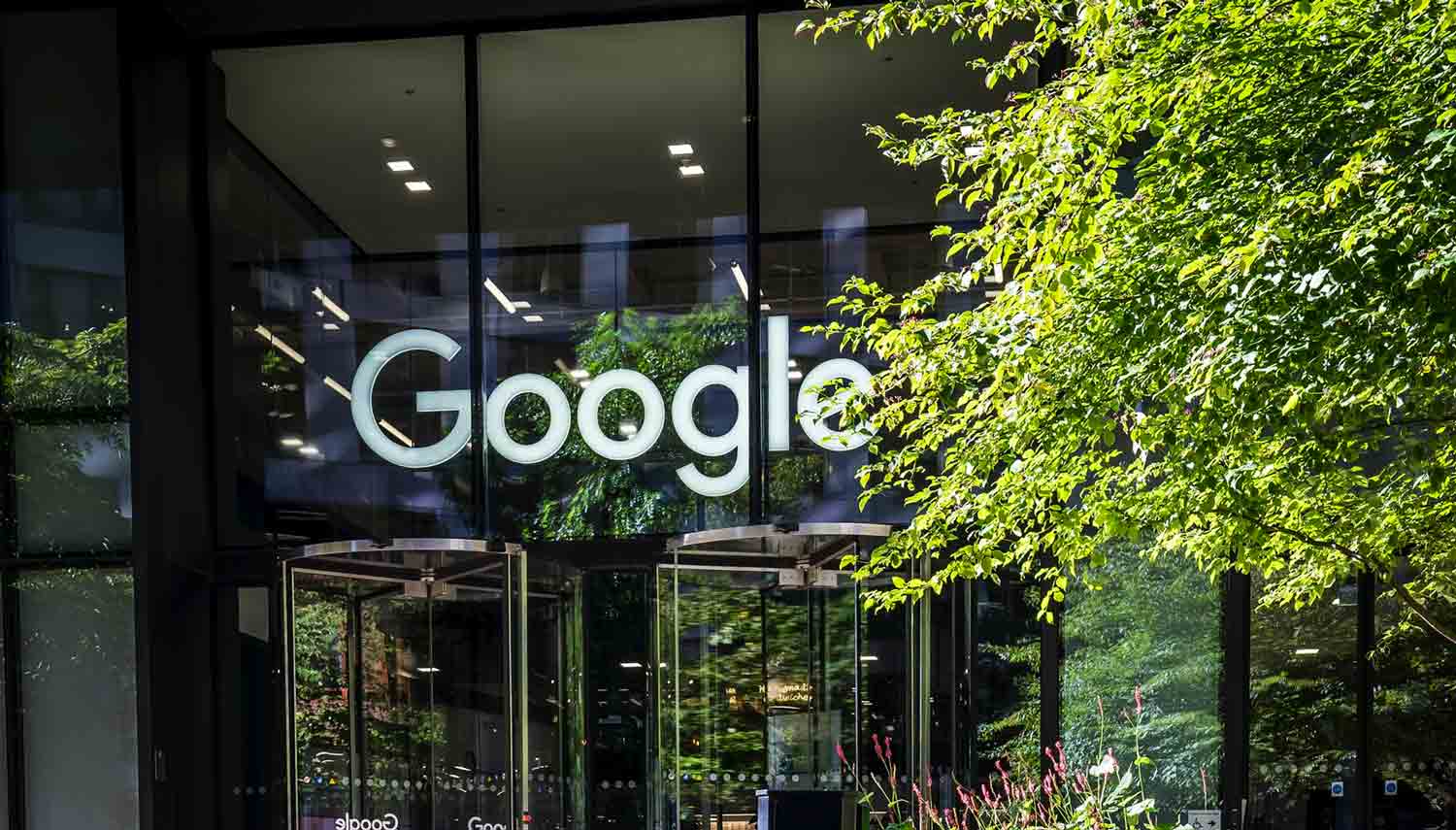

The world of music is an endlessly fascinating and ever-changing landscape. With the progress of artificial intelligence and other technological developments, the potential for music production and consumption is boundless. Artificial intelligence has already had a significant impact on the music industry, from the composition and production of music to the way it is shared and enjoyed. As AI technology advances, it will offer exciting prospects for musicians, producers, and listeners alike.
Using algorithms to generate music is one of the most apparent ways artificial intelligence is revolutionizing the music industry. AI algorithms can produce music that is virtually indistinguishable from that composed by humans. This technology has even been used to create entire albums, and it is inevitable that AI-generated music will become more mainstream in the future. The algorithms can analyze existing music to create new compositions based on the data, which could lead to completely new music genres or remixes of current songs in new and exciting ways.
Artificial intelligence can also be utilized to improve the music production process. AI-powered tools designed for automating various aspects of music production, such as mixing and mastering, have come up. These innovations could mean faster and more efficient production processes, in addition to producing recordings of higher quality. Additionally, AI can analyze recordings and suggest changes like EQ adjustments or compression settings, allowing producers to create better-sounding recordings with minimal effort.
Artificial intelligence can also enhance the manner in which we consume music. AI-powered music streaming services can use user data analysis to generate individualized playlists and radio stations. This could lead to a more seamless music listening experience, as users are introduced to music tailored to their music preferences. Interactive music experiences like virtual concerts or interactive music videos can also be created using AI, leading to a more immersive and engaging listening experience.
Lastly, AI can be used to improve sharing and distribution of music. Through AI-powered tools, user data can be analyzed, and music can be suggested to share with friends or followers. This innovation might lead to more efficient and effective music direction and sharing, as well as more meaningful relationships between artists and their fans. AI can also analyze user data to provide innovative recommendations of new music to discover and explore.
In conclusion, the music industry is a constantly evolving and exciting world, and artificial intelligence is driving this revolution. Artificial intelligence can be used to create new music, improve production processes, enhance music consumption, and upgrade music sharing and distribution. As AI technology advances, it will create further opportunities for the music industry, ranging from music-making, production, and consumption, empowering musicians, producers, and music listeners.
Related Posts




